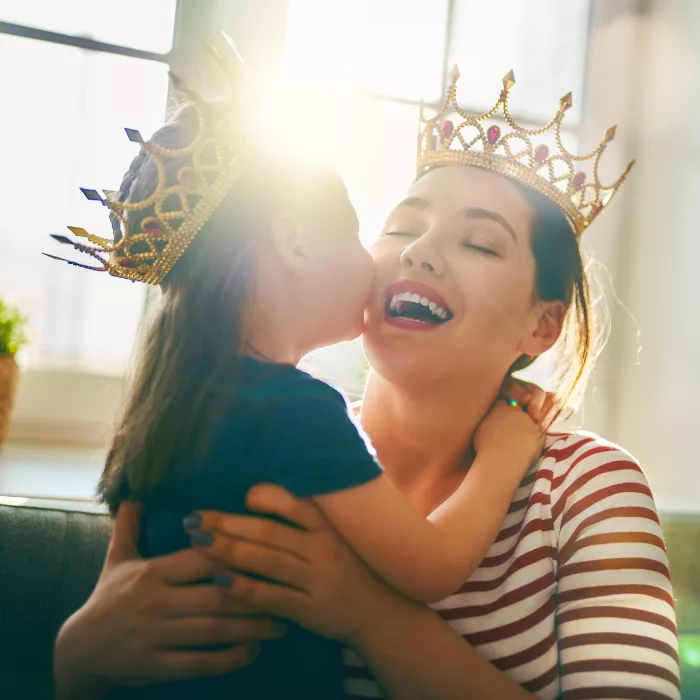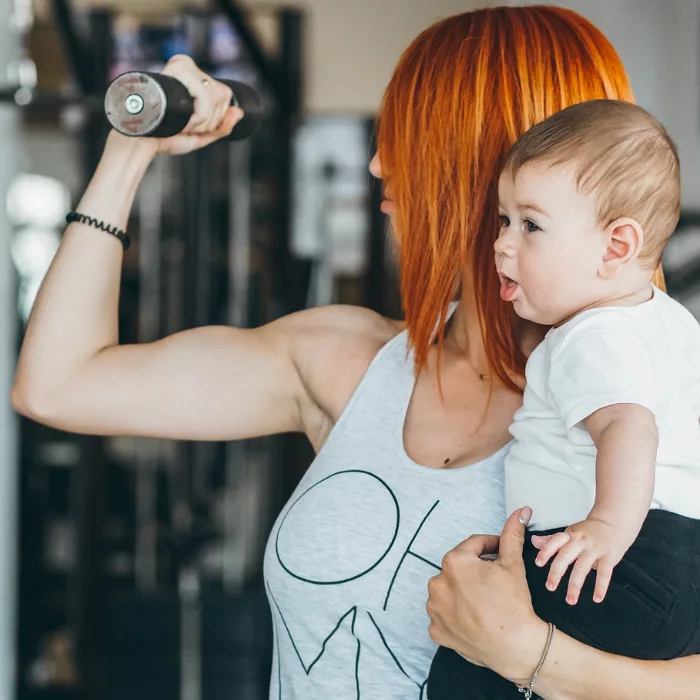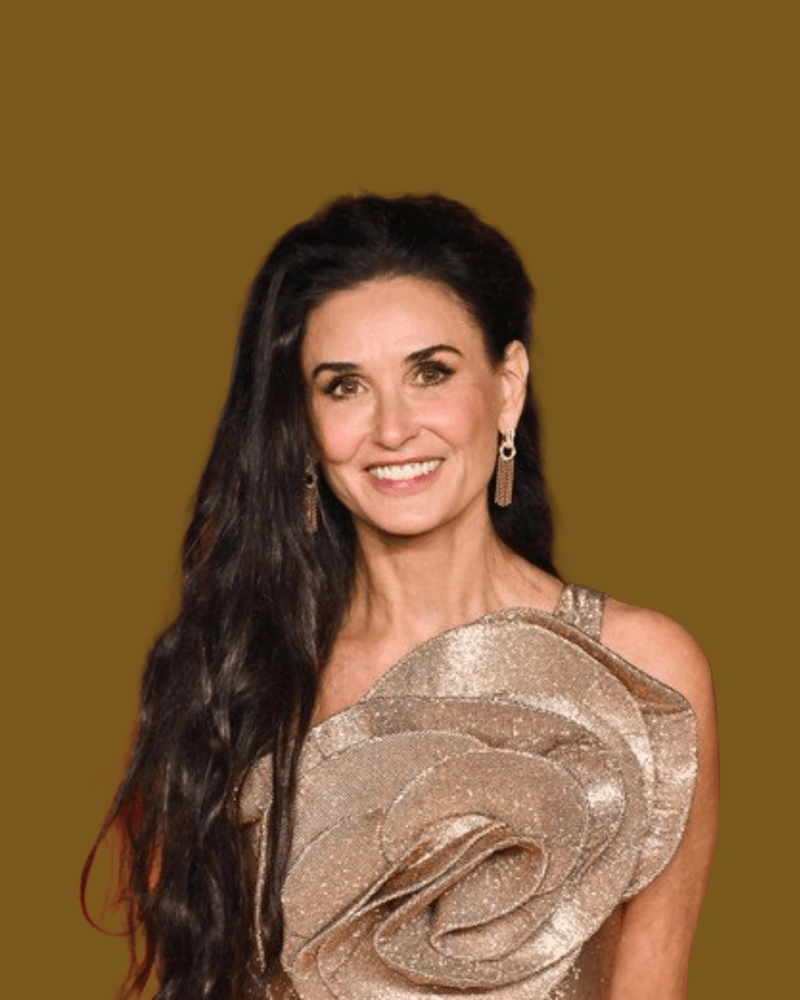
DEMI MOORE BACK FOR MORE
She may have become a grandmother in 2023, but the practical and emotional extension of the milestone doesn’t seem to have affected Demi Moore in the slightest. In fact, her return to the limelight’s sometimes punishing glare sees the actress emerge braver, bolder and more brilliant than ever, as Global Woman discovers.
Over her four decades as a semi-permanent presence on our screens, in gossip magazines, and on a showbiz circuit she actively rebels against, Demi Moore, arguably, has revealed more about the perils and pitfalls of life as one of the most revered female stars in Hollywood, than anyone else.
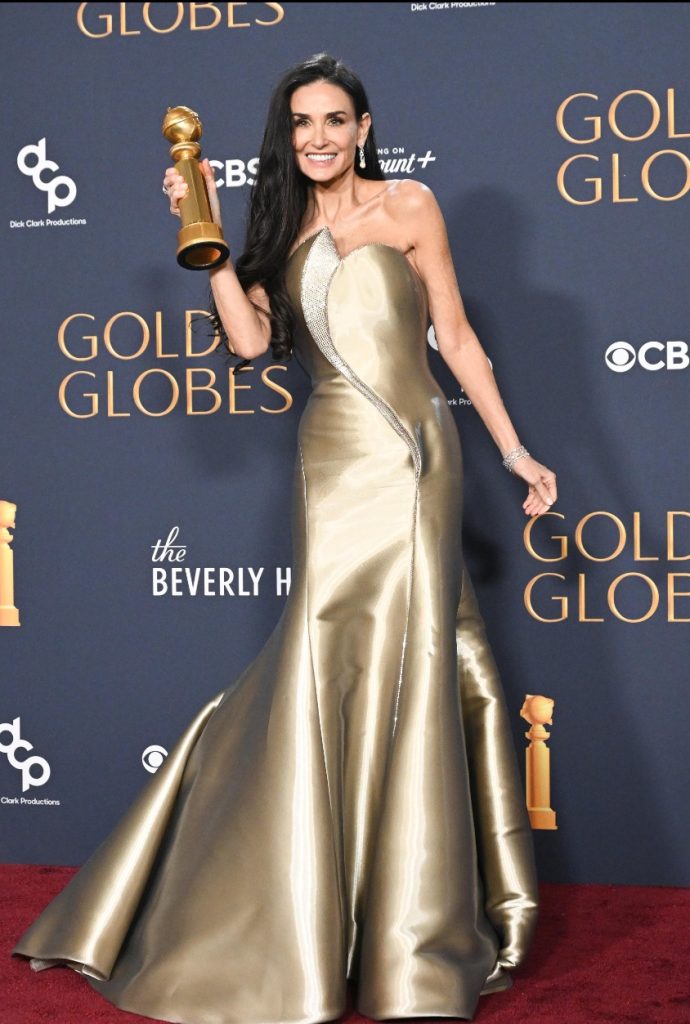
The actress’s sheer candour and willingness to be vulnerable has inevitably left her open to negative commentary and online trolling, but for many she has become a beacon of hope and a voice for others who struggle to be what society demands.
Now in her early sixties, the American has finally landed on what she believes to be the primary perpetrator against women: violence. Though in flipping the usual narrative, in this instance, Moore is referring to the violence women subjugate themselves to in the endless pursuit of physical perfection.
“Deep down I was always very uncomfortable with my body,” she begins. “I’ve always felt much more self-conscious about my appearance. If you look at everything I did before Striptease” – at 34 years old – “there weren’t a lot of highly sexual roles,” she says.
“It wasn’t until 2010 I came to terms fully with the fact I had an extreme obsession with my body. I made it a measure of my own value. I tried to dominate it, which I did, and I changed it multiple times over.
“The irony is that when I abandoned a desire to dominate my body, it actually became the body that I always wanted; but that could only happen when I stopped trying to control it.
“At the end of the day, that kind of obsession is pointless and meaningless, and I’m glad to see the back of it.”
There is a certain irony that the movie which has thrust Demi Moore back into the spotlight is specifically about an older woman whose inability to come to terms with ageing leads her down a dangerous (and frankly, bonkers) path. The Substance, written, directed by Coralie Fargeat and released in September of last year, seemed significant in the first instance as it placed the actress back in a lead role – her first for almost a decade.
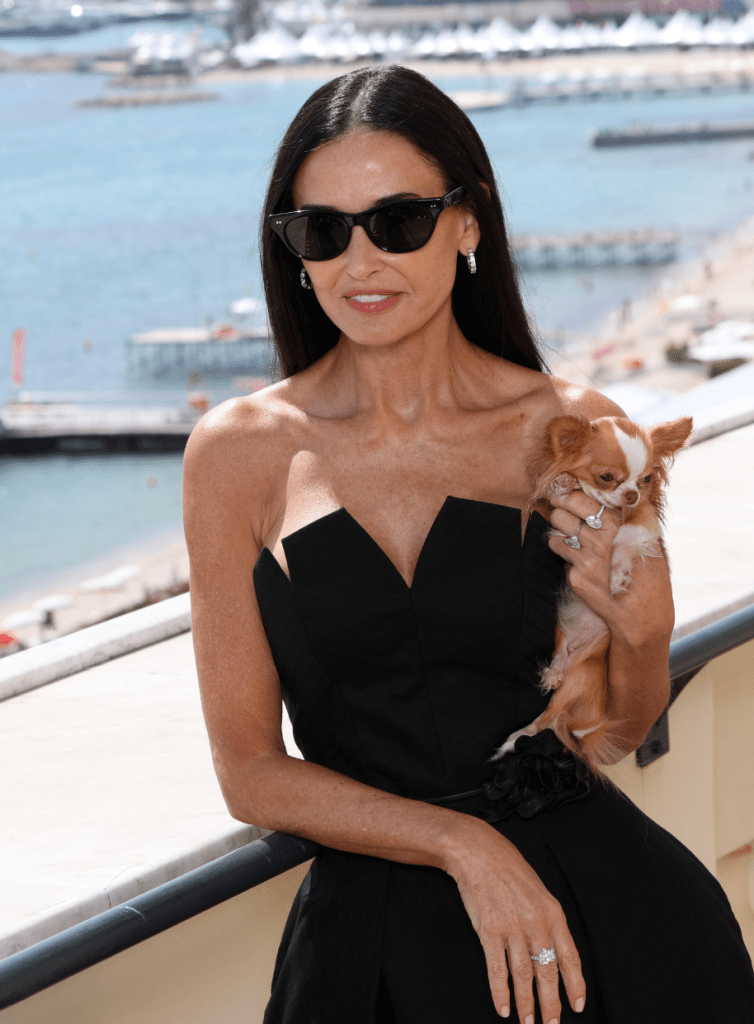
She stars as Elisabeth Sparkle, the principal of an aerobics show, who is fired on her 50th birthday by her boss because of her age. When she returns home, her morale at its lowest, yet she receives an unexpected proposal – a mysterious laboratory offers her a miraculous substance which will enable her to become the best version of herself.
What follows is a fever dream of weirdness as Margaret Qualley steps up as Sparkle’s younger, perter self, and the pair struggle for supremacy in a kind of grotesque Jekyll and Hyde/Dorian Gray mashup. There’s lots of Lycra, lots of gore and Moore right at the centre, putting in what many have determined her finest performance in decades – she subsequently earned a Golden Globe statuette for Best Actress.
“I’m very flattered, but it does feel like one of my better performances and I really enjoyed it… I’m so glad I said yes to it.
“It’s such a different film and role to anything I’ve done before. I knew I was at the point where I needed to push something, to try something, to reach beyond, but also produce cinema that was moving, relevant and important to women.
“I believe we achieved that. We put together a piece of art that was intricate, and nuanced, but mostly something that asked questions and perhaps offered answers as well.”
In a world of ever-increasing challenges and perceptions, Moore’s presence is always welcome, even if it’s rarely constant. “I need to leave and come back, leave and come back,” she says, beginning to reference her excruciatingly honest 2019 memoir Inside Out, which plays out the last two decades of her life, blow by blow. In it, she recounts the end of her marriage to Ashton Kutcher in 2011 and subsequent fall back into alcoholism. It also lays bare her traumatic childhood (to an alcoholic and bipolar mother) and references those lengthy and often lonely battles with body image, in an industry that still continues to demand perfection.

To step back from a career where you are only considered as good as your last job seems like an enormous risk, but the Roswell, New Mexico native realised that a period of re-evaluation was essential before she could move forward. Naysayers perhaps assumed she would never return to our screens, but now fully vindicated, Moore reflects that such circumstances are simply part of the human experience.
“Anyone who is of what they term ‘a certain age’ can begin to feel that they may be on the verge of being dropped or pushed out from whatever job they’re doing. “It can happen to anyone at any time, depending on who is making the decisions on their lives, either directly or indirectly. It may not even be a job – it could be a relationship, it could be friends. It doesn’t even have to be someone of a certain age.
“As a human being, we surely all go through experiences of being liked, of being disliked, of feeling wanted, of being rejected, of being unappreciated. It could be that you think you know someone and then further down the line, something happens you never thought they were capable of.
“It’s all a process and I think we are all in it together.”
Inside Out not only offers a view into Moore’s tumultuous childhood: her mother, Virginia, was a teen when she fell pregnant and had a volatile relationship with the man who Moore would know as her father, with the pair’s frequent fights culminating in Virginia making numerous suicide attempts. The family moved frequently and education was not a priority, with Moore dropping out of high school aged 16 and marrying musician Freddie Moore at 18.
As is often the case with generational trauma, she went through a period where she was briefly estranged from her own daughters. Heartbroken from the demise of her marriage to Kutcher, enraptured once more with alcohol and drugs, Moore was on the brink of perpetuating the same mistakes her own mother had made. Instead, she pulled through; and what has developed is a keen sense of empathy, not just for herself, but for her mother also, by recognising that Virginia was a child herself when she became a mother. This has led Moore to solve the riddle of why she has consistently pursued love outside of herself, rather than inside. She is now in a place to channel this new confidence into her work.
“I never just work for the sake of it, and actually I make no apologies for that. Ultimately I want my productivity to come from somewhere, because that then means I’m doing it for a reason, not just for a payday. I think that’s what any actor should feel.”
And on an emotional level, Moore emits a sense of candid ease with her lot. “Often it’s a case of being wanted in a romantic sense, and I’m honest enough to say that. I believe I’m like many other people when I admit that what scares me is to reach the end of my life and feel that I do not deserve to be loved… that there is something wrong with me, that I was not wanted here. So my struggle is to find that self-esteem that gives me the courage to reach all my potential. If I find that through acting then is that really such a bad thing?
“I used to think that I was afraid to be abandoned until someone told me that only children can be abandoned. Adults cannot be abandoned because they have a choice. Then I began to think that if that was the case, what did I have to be afraid of?”
She continues: “I think a lot of the anxiety I’ve experienced at different points in my life was caused by not having the courage to reach all my potential, allowing fear, insecurity and doubt to dominate me.”
Now finally in the driving seat, Moore is embracing it all: get older, getting wiser, accepting new roles and following her heart towards new adventures; she is unstoppable.

Yet she also takes a moment to consider all the women who are still trapped in a cycle of violence: be it in their own minds, with their own bodies, or in the unfathomably cruel reality of some, bound up in trafficking and the sex industry. Moore has devoted herself to helping such women and feels immense joy at inspiring her daughters – Rumer, 36, Scout, 33, and Tallulah, 31 – with her charity work.
“I’m so glad that they were proud of me for working with Visionary Women in fighting human trafficking and for the organisation I co-founded, Thorn.
“I always feel that offering help to those who need it should be at the heart of who we are as people.
“it doesn’t matter who you are or what your career is, it’s a wonderful feeling; it’s a human emotion and it’s really important. To ensure my kids realise the importance of that is so important for me.”
She concludes, “When it comes to it, I’d rather be judged on philanthropy, charity, giving something really fundamental to people, than movie reviews.”
APPLY TODAY
100 Top Global Women Entrepreneurs – Global Woman Magazine
Our Journey in 12 Months:
Our Journey in 12 Months – Global Woman Magazine
5 Things That Show Money is Not Evil:
5 Things to Show That Money Is Not Evil – Global Woman Magazine
Global Man Magazine Page:
Global Woman, Global Man: Socials:
Global Woman Magazine (@global_woman.magazine) • Instagram photos and videos




